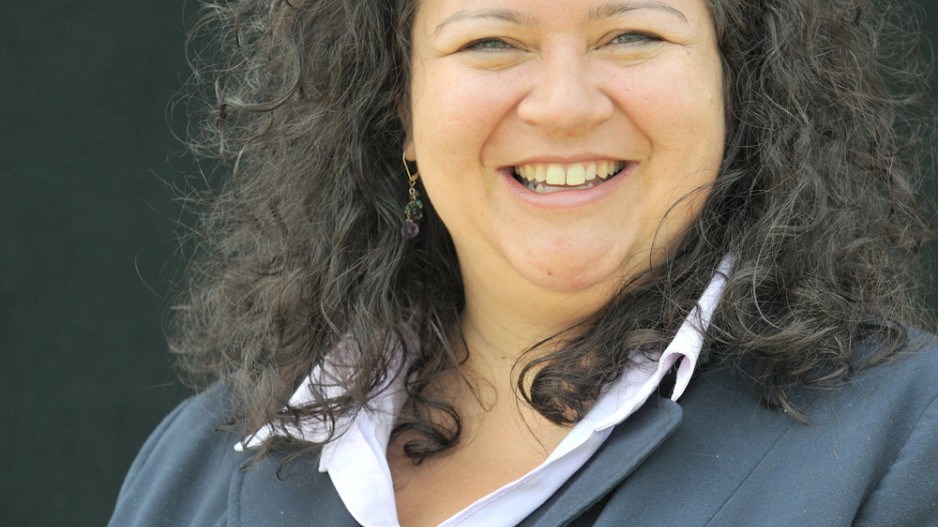Self-determination pays off in treaty negotiation game
Business in Vancouver's "How I Did It" feature asks business and community leaders to explain in their own words how they achieved a business goal in the face of significant entrepreneurial challenges. In this week's issue, Tsawwassen First Nation Chief Kim Baird explains how she led her people to sign the first modern urban treaty under the B.C. treaty process.
Tsawwassen was not expected to be the first band to do so. First Nations in Nanaimo and Sechelt were further along in the negotiation process, but leaders in both of those communities failed to sell agreements to their people. Baird explains how she managed to succeed where others failed.
"I was hired in 1990 to look at setting up a land-claim research program before the treaty process existed. I spent six years as an elected councillor prior to becoming chief. When I became chief, I became chief negotiator as well.
"No one expected the number of First Nations to participate [in the treaty process], so everyone's capacity was a huge issue, including governments.
"Big problems along the way were elections for the three parties that would always halt negotiations. The process is just inherently volatile. It took a lot of patience and not losing site of the long-term goal.
"It's easier for us, in some ways, in that we have such a great location. It's more challenging for more resource-based economies. Our economic opportunities are much more obvious because of our location in the Lower Mainland.
"We signed an agreement with [Deltaport] in 2004 in relation to economic development opportunities, and they're an important partner, especially with the development of our industrial lands.
"We had a strong focus on engagement and consultation before we even entered into the process. We set up an advisory body – a cross-section of interests, landowners, hunters, fishers – to provide advice on negotiations, and at critical stages we let the community vote on that. It doesn't mean everyone was engaged or interested.
"The closer we got to the vote on the final agreement, the more controversial it got.
"But we were very, very transparent about the tradeoffs within the agreement. We didn't duck or hide any of that.
"There was a referendum [in 2002] that took self-government out of treaties. There were about five of us that went and talked to Premier Gordon Campbell and said, 'If you put self-governance back in the treaty, you're going to get agreements with us.' He said, 'OK, you can put it back in.'
"When we went into closing, I had no idea if we could successfully conclude an agreement. It got to the point where we had borrowed too much money, and we had to stop. So it was either going to be abandon the process or conclude an agreement.
"I told the federal and provincial negotiators that I was getting to the end, and we were sincere in trying to reach an agreement and had to.
"A lot of the negotiations is just getting the governments to believe that you're serious about it.
"Another thing people say that's important for these modern land claims to go forward is having leaders being a champion. I made no apologies for being in support of it. I was clear why I was in support of it." •




